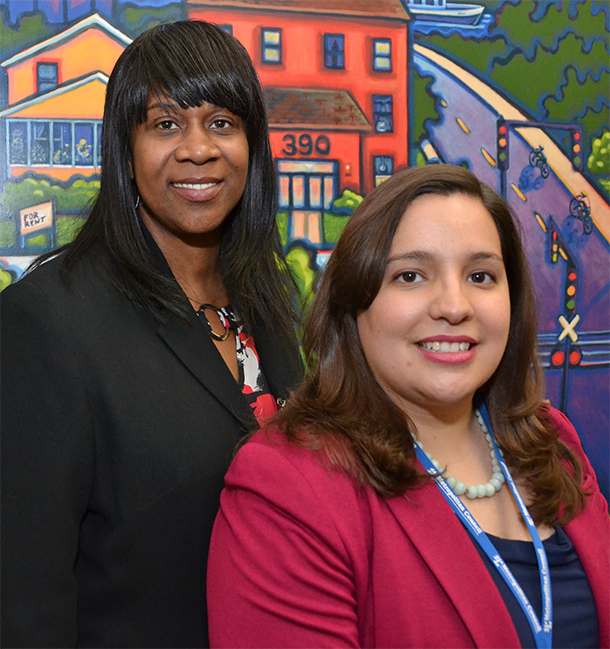
It happens too often. In the suburbs of Minnesota’s Twin Cities, fully half of all low-income families who are granted federal Section 8 rent subsidy vouchers can’t find a decent place to live in a community with good schools for their children.
But thanks to the Metropolitan Council and members of AFSCME Local 668 (Council 5), who operate the largest housing and development authority in Minnesota, some 45 families are getting counseling to help them find a place to live in a safe neighborhood with good schools and better opportunities for their kids to succeed.
“Housing does matter. Place matters,” said Local 668 member Terry Hardin, a Met Council senior outreach coordinator. “You are helping families do better. You are helping children do better.”
The Met Council’s Community Choice program is part of a national movement affirming what research and data analysis show: A better neighborhood often means better long-term outcomes for children. President Obama proposed $15 million for mobility counseling to help low-income families move to safer neighborhoods with better schools and access to jobs.
Met Council staffers spent months crunching data on neighborhoods – looking at school performance, poverty rates, access to parks and even grocery stores. Then they recruited families who must commit to two years, set career and housing goals and agree to take courses on topics such as financial literacy, conflict resolution and housekeeping.
Families then create a rental résumé, including credit and job history. “It's like a job résumé. We tell them to treat this as if it's a professional application,” Hardin said.
For landlords, Section 8 tenants mean a guaranteed payment each month and Community Choice families receive more oversight than typical families on Section 8, which provides more peace of mind for potential landlords.
Hardin, along with fellow Local 668 member Corina Serrano, also a Met Council senior outreach coordinator, often go with clients to look at apartments and explain the Section 8 program to landlords.
“The challenges we are seeing is the landlords just don't have enough information,” she said.
